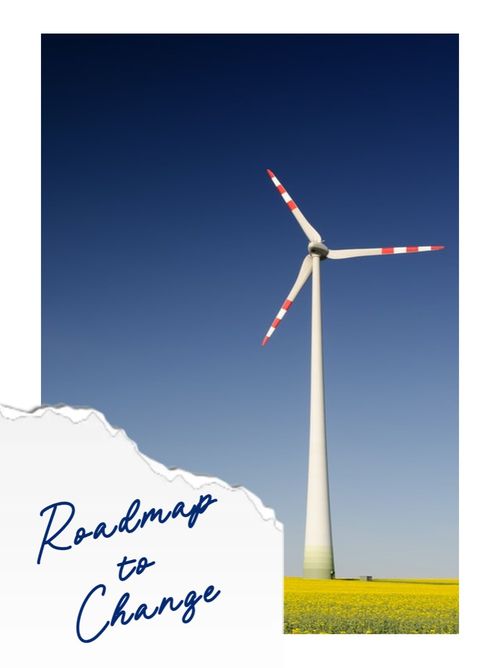An insider’s guide to sustainability at work
Oct 15, 2021 · 3 mins read
0
Share

Part 1: The importance of targets – and context
Imagine you're standing in the supermarket, about to buy some plant-based milk. There are so many options – much more than if you were just buying dairy milk – that it’s hard to choose.
Save
Share
Let’s say you lean towards almond milk, only to stop and think, “Oh wait, almonds – they're associated with drought in California, bees dying, pesticides – all these sorts of things.”
Save
Share
Then you think, “Okay, I’ll buy some soya milk... No, wait – soya is associated with deforestation in the Amazon.”
Save
Share
But here’s the thing: neither soy nor almonds are inherently bad for the environment. It really just depends on where they’re being produced and how they’re being produced.
Save
Share
It's difficult to say in black-and-white terms what’s good, what’s not good, and what we should do when it comes to managing our environmental impact.
Save
Share
Companies and organizations also struggle to understand the best decisions to make – particularly when it comes to how much impact they’re allowed to have and where.
Save
Share
So how can you tell if your organization is doing enough? A sustainable economy depends on organizations setting specific goals that align with the planet’s capacity to support them.
Save
Share
This is where science-based targets come in. Just as with climate action, targets can help to reduce impacts across all the interrelated planetary systems that we can’t afford to undermine.
Save
Share
I'm a sustainability consultant at an organization called Metabolic in Amsterdam. Working in collaboration with the WWF and Swiss Federal Office of the Environment, we developed a simple process to help any business, city, or government understand the impact of their actions.
Save
Share
The following eight steps are aimed at setting impact reduction pathways that aren’t about doing a little bit better in terms of sustainability – but actually doing what’s necessary for our planet.
Save
Share
0